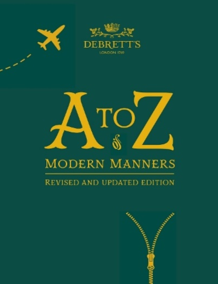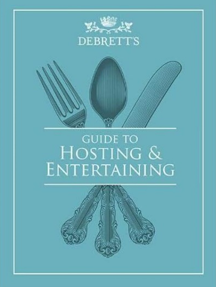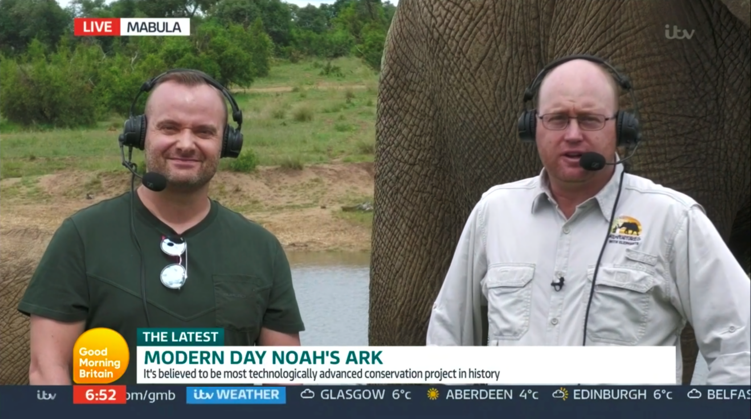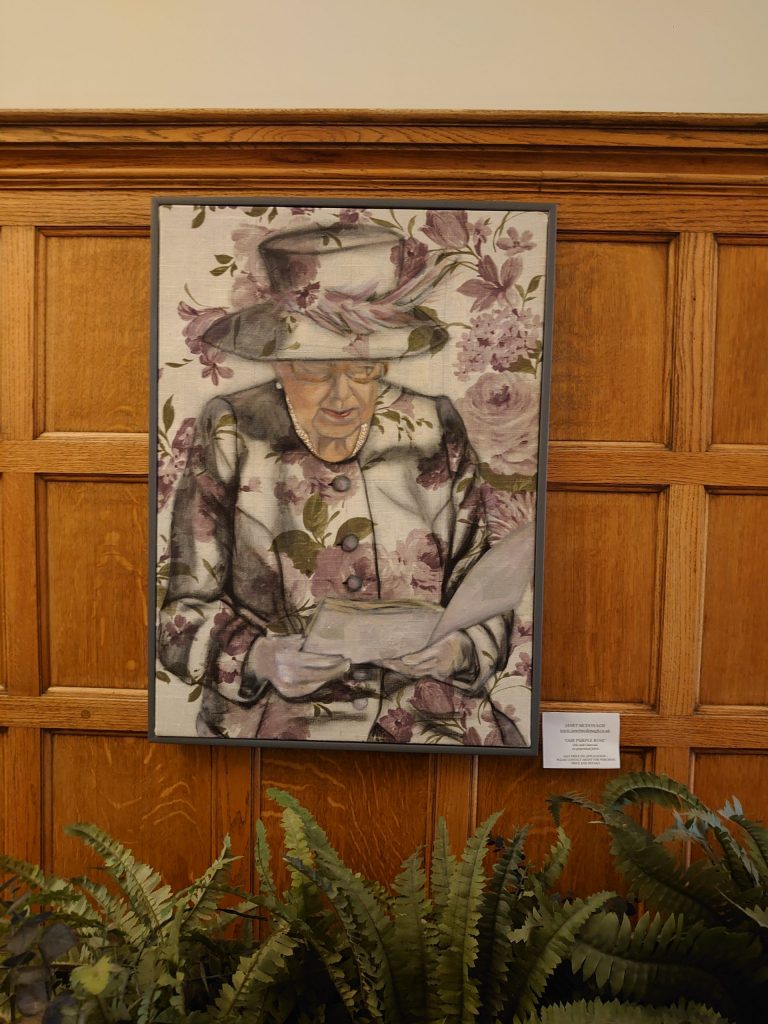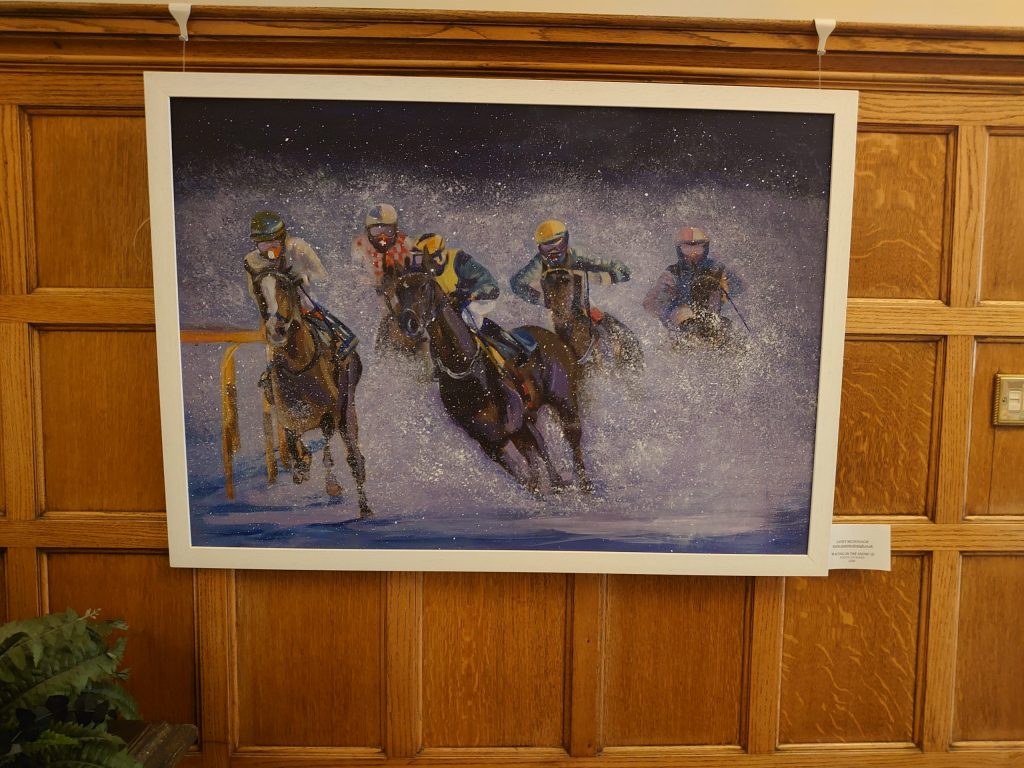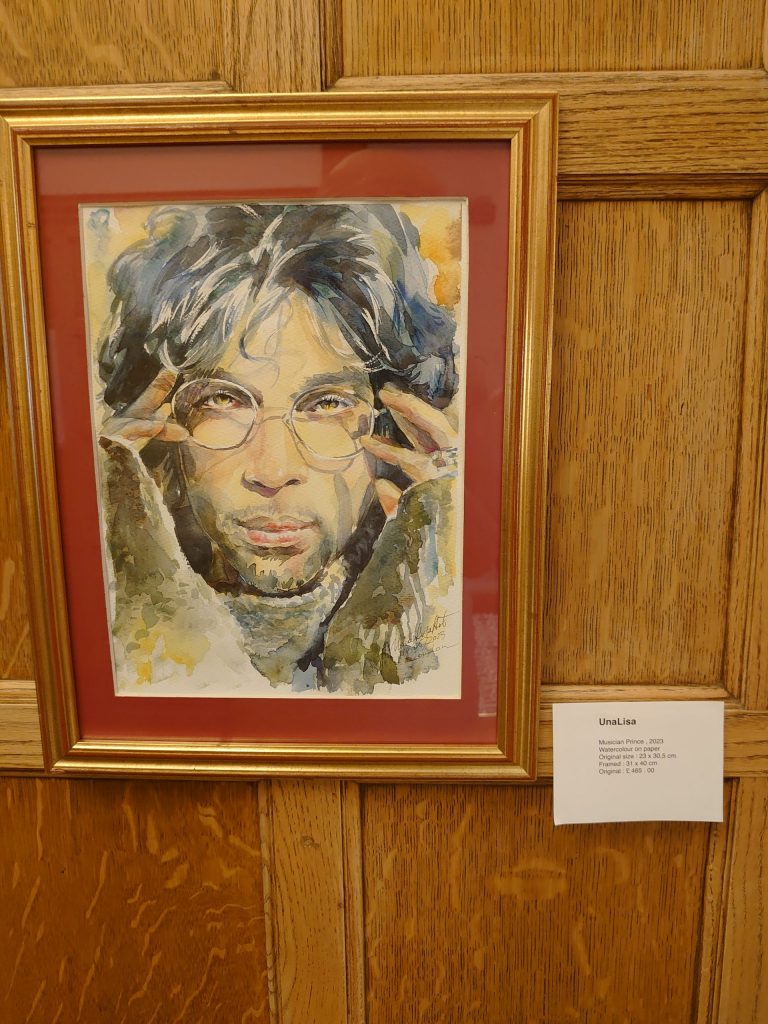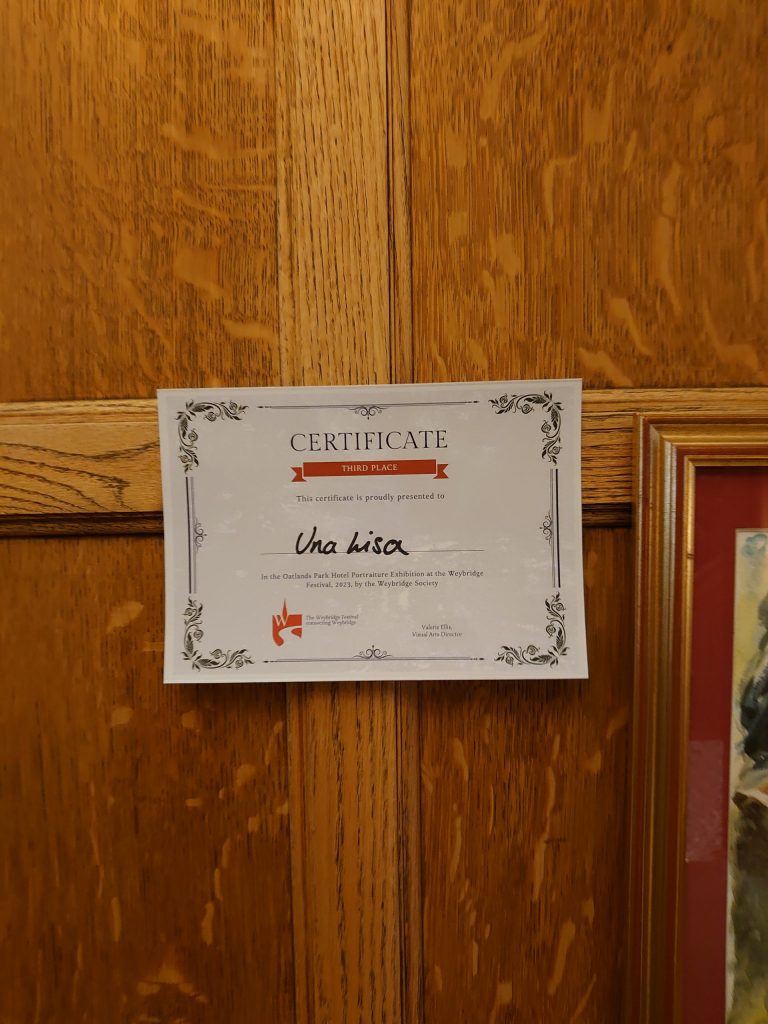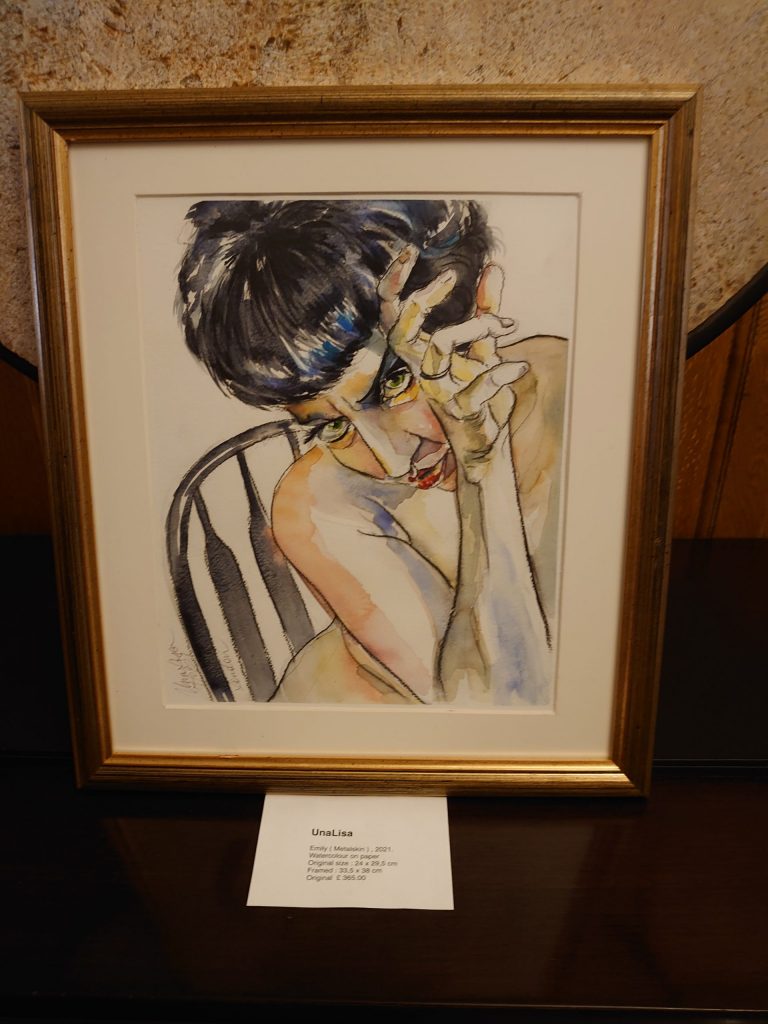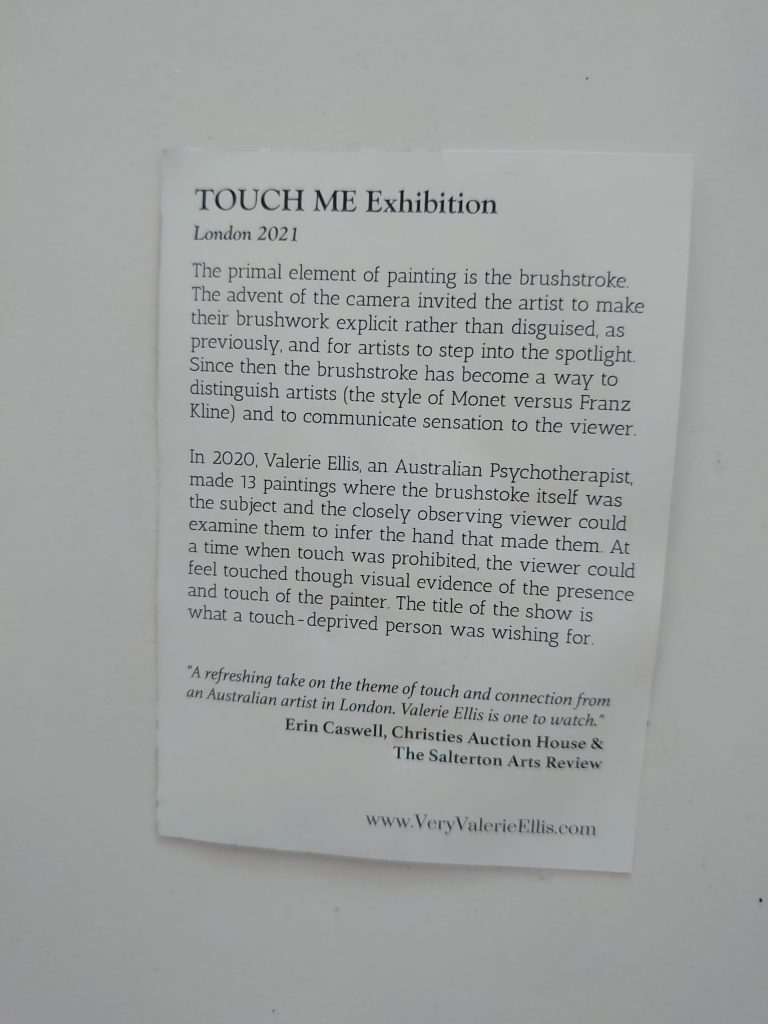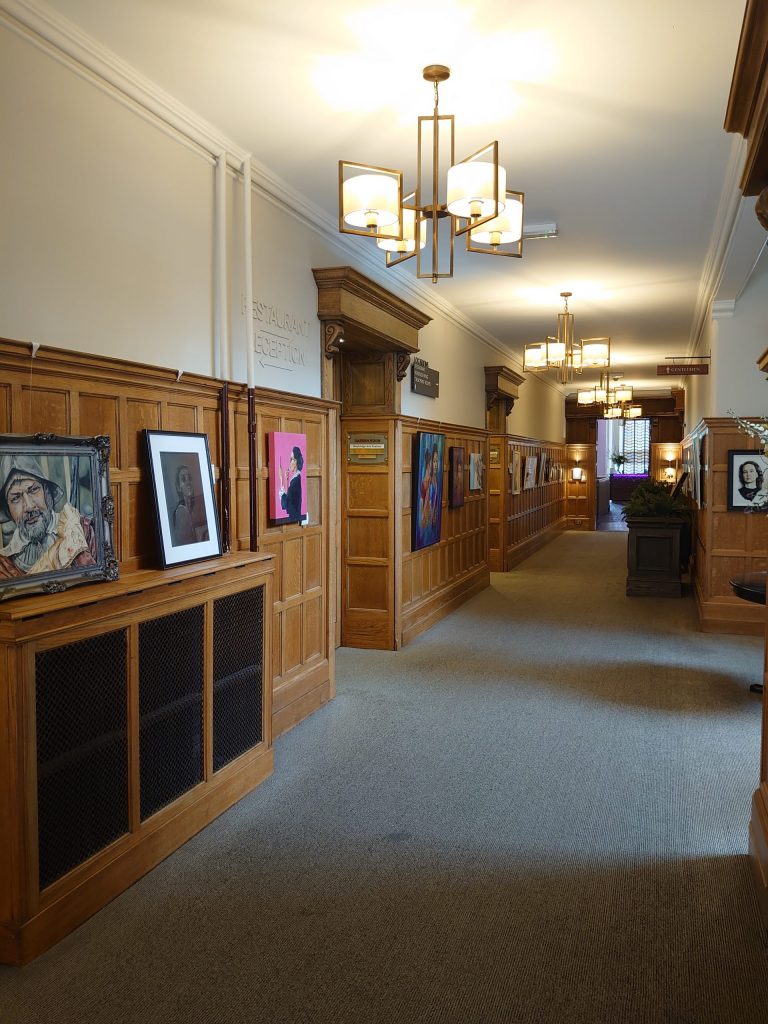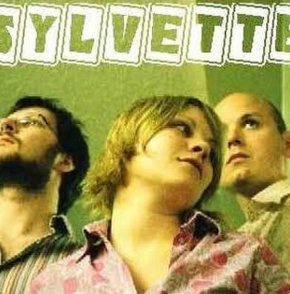“Good Manners are for everyone. It’s a democratic thing.” says Liz Wyse.

I am talking to Liz Wyse, the leading British authority on good manners and etiquette. She is the Head of Publishing at Debrett’s. She is an editor and writer who has authored and created numerous books for Debrett’s, including A-Z of Modern Manners and The Queen: The Diamond Jubilee.
She also worked on numerous non-fiction illustrated books on many occasions, such as the Guinness Book of Records and The Times Atlas of World History. One of her latest creations is Debrett’s first Etiquette Guide for Hybrid Work. The Guide is concerned with a novel topic that came to life in our times, and it makes history for Debrett’s.
The Etiquette Guide for Hybrid Work
Debrett’s, whose offices are based in Weybridge, is an establishment dating back to 1769 and is named after its founder John Debrett. It is a chronicle and record-keeper of Britain’s titled aristocracy, and was also an adjudicator of People of Today, singling out and crediting outstanding professional achievements and success in all walks of British society. It is also an authority widely recognized on British manners and etiquette. Debrett advises on all matters relating to protocol, precedence, etiquette, and behaviour. It assists in building skills and social confidence both in person and via online coaching and through books on good manners and etiquette. Additionally, it makes an online subscription service available to the general public and offers access to the most treasured British chronicles
Having the opportunity, I asked Liz Wyse general questions about good manners.
What are good manners?
Good manners are nothing more than having a general awareness of other people, being observant, being empathetic, looking around you, and always being conscious of the impact that you have on the world around you and on the people, you’re interacting with. The good manners part of that is ensuring that the impact is always as pleasant and positive as possible. I think people get very knotted up with the idea of etiquette and manners, such as which fork to use and where to put my napkin. What do I do if I meet the Duchess and all this type of thing. All of these things are codified and are traditional knowledge which Debrett’s does deal with, but the emphasis these days is more on looking at modern life and all the dilemmas of modern life and the situations that we find ourselves in, like with mobile phones for example, and trying to come up with sensible advice for the best way of handling new challenges.
Are good manners and etiquette the same thing?
Well, I think they are not entirely. I think people do tend to use it interchangeably, but I would argue that etiquette is more of an old-fashioned term for more traditional notions of what is proper behaviour, whereas good manners are a much more universal term that encompasses just generally interacting in a civilized and positive way with other people.
Why do you think we have the rules of good manners?
Good manners are very important when it comes to oiling the wheels of society. So, I think if you’ve got good manners, it means that you could put people at ease, that you’re indispensable in social situations, you know how to make small talk, and you know how to introduce people to each other. If you’ve got good manners, you’re generally likely to be a very good host or hostess. You’re going to be a person who’s popular socially. You’re going to succeed in life. Good manners are also important in the professional world as well. So, I think they’re universally important and it’s a win-win situation. If you have good manners, people will respect you and like you more.
Where do good manners originate?
I suppose they have evolved. In some ways, this has been the history of Debrett’s too. They have a role from an era when society was more stratified, and the royal family, the nobility, and the ecclesiastical people were at the top. People who had high status in society differentiated themselves from everyone else by refining their behaviour to be more elegant and rarefied. This was a way of asserting social difference and saying, “I’m a member of the aristocracy, and my manners proclaim my pedigree.” I think that’s probably how they originated. But of course, society has evolved. That’s not really how they are now perceived. Good manners aren’t seen purely as assets of people who are the leaders of society.
Anybody can have good manners. It’s a democratic thing.
So, I think everything has changed over the last few centuries. But I expect that if you were talking about the origin of good manners, you would probably go back to the Middle Ages and chivalry in medieval times.
Only recently I found out about a philosopher in ancient Egypt named Ptahhotep who in the late 25th century BC and early 24th century BC presented, the ‘First Code of Conduct’ in his book ‘The Maxims of Ptahhotep’ and explained the reasons why people should follow manners. One of his very famous quotes was that “the stability of civilization and domestic home life depends upon justice”.*1 So, already then, the motives for good manners were very deeply rooted.
Good manners go hand in hand with a settled civilised society,
and I’m sure manners were important in ancient Greece and ancient Rome too.
It’s quite amazing to imagine and find out that all those years ago people were so conscious of those issues as well.
I think that manners are definitely a civilizing force, so I can see that they could be seen as a way of stabilizing society.
It’s certainly true that for a long period, they were a way of defining people’s status. Their manners were an indicator of social status.

Would you agree that many of these rules naturally exist in life? They are rooted and derived from the natural world of beauty, kindness, grace, ethics, and aesthetics. We only discover them and then choose the best way we like how people act and behave. I’m just trying to establish that good manners exist in life anyway and that we’ve got all this within us, and we make the best choices and then follow them for generations to come. I imagine that at some stage somebody did something very gracefully and it was an example to other people, and then someone decided this is a good way of doing it and proposed let’s follow it.
I’m sure that’s right. I’m sure several centuries ago, people were all sitting around the table eating with their hands and chewing with their mouths open, and somebody else ate very delicately and looked very elegantly. And they thought that’s the way to do it. And that’s how everything begins to evolve.
Do you think the origins were rooted in the real world?
Yes, they have to be rooted in the real world.
What then happens is that, at certain points in history, like in the Court of Louis the 14th, the etiquette and the protocol and the ways in which people were segregated were based on their behaviour. Their mode of address, the depth of that curtsy, the depth of that bow, all of these things became more and more complex to the point where the court was almost paralyzed by its own sense of etiquette and good behaviour. So, I think that you’re right. They do originate in probably perfectly common sense and natural human behaviour. But then at various points, they were refined to a point where they’re artificial and they created artificial distinctions, and they created behaviour which was quite peculiar at times historically.
Good manners are for example, to be kind to others, but do they help us to assert ourselves?
I think they do. They help us to assert ourselves in a very effective way. These days a lot of people think that assertiveness is about being bold, confident, and assertive, but I think people who have good manners are often much more effective at getting their point of view across because they listen. Let’s say that somebody with good manners is having an argument or a disagreement with somebody, then part of the way in which they interact is to listen to the person they’re arguing with. They pay attention to them. They address the points they’re making and then politely put their point of view across. And that, is a much more effective way of asserting yourself and making your views felt, than just simply weighing in there and letting rip and shouting. So yes, I do think good manners are effective in all sorts of contexts.
Would you say that good manners represent a standard of life? By breaking their rules, we lower our standards.
Yes, I think so.
I believe they are a baseline of behaviour, and I think it’s a good thing to aspire to.
When they begin to deteriorate, which I think in some instances they have done in 21st-century Britain, I believe society feels a bit debased by that. People comment on it. People mourn the fact that behaviour is deteriorating and that people aren’t as civilized and courteous as they used to be.
Do you think there are situations in which we have to skip good manners and do so in a way that avoids dropping our standards? Would you say that once someone is good-mannered, they are always good-mannered?
Yes, I would. These days good manners are not the sort of complicated codes of behaviour that we suffered from a century ago. They are just a way of interacting with people which, is kind, attentive, and involves being aware of people and all the rest of it. And that’s a universal that permeates all aspects of your life. Once you start acting like that, it’s going to cut across all your fields of interaction.
Do you think they should be included in the Curriculum for children and teenagers?
Yes, I do, and I know that it is happening. It’s not a part of the national curriculum at the moment, but I think some private schools are certainly addressing this issue by including classes on manners. Debrett’s, in response, started coaching small children. I think if you’re in a situation where you feel that good manners are not inevitably being handed down by parents, then yes, it’s a good idea to redress that by including it on some level in the school curriculum because I think good manners are only beneficial. And if a child has got them, it’s definitely going to help in terms of their career and their advancement in grown-up life.
So, it’s a useful skill.
Are we more vulnerable by entering the world of good manners as some people might deliberately break them, and we could feel hurt or agitated by that?
If you hold yourself and other people to a certain standard of behaviour, then you find that people break that and offend you.
Does observing good manners make us stronger or are we more vulnerable by being polite?
That’s a tricky question, I think, because it’s to some extent down to the individual. I think some people find good manners to be a very useful shield that they just retreat behind. They’re relentlessly polite no matter what life throws at them, and they find that a very useful and effective defence. And I think that if people can do it, it’s a very good way of dealing with all the things other people throw at you. Obviously, there are some people who can’t do that. I think it’s difficult to make a generalization about that.
Do they help us to argue less with other people?
I think manners smooths everything and it’s likely to make interactions more harmonious. I won’t say you won’t argue, but you will argue less.
Do you think observing good manners by politicians, diplomats and people of that rank can help to elevate their negotiating skills and, therefore play an important part in avoiding international conflicts and maybe wars and destruction?
Yes, if only. But I do think that the most effective politicians are the ones who have good manners and who are able to control their anger or irritation, who are able to interact with other people in a positive, constructive way. I think it’s a very important skill. And of course, unfortunately in our system in the House of Commons, for example, it’s a very adversarial means of interacting. And sometimes manners do fly out of the window, but I think that the most effective cases the politicians make are often the ones that they make with calmness and politeness.
Would you say that if everyone around the world tried to observe good manners, it could help to fight climate change?
It’s a little bit of a stretch. In some respects, good manners are about consideration, about being considerate of other people. So, you could say it’s about being considerate of the planet too. Your own habits, whether that’s to do with driving when you should be walking, or not recycling when you should be. In some ways, these are standards of behaviour, whether they’re manners, I’m not sure. So yes, I think that’s a tricky one.
But on some occasions, it could be linked to manners. Like, for instance, people dropping litter.
That’s clearly very bad manners, and it’s inconsiderate if you don’t put your recycling in the right bin. There are eco manners nowadays, which is kind of a norm that we are all meant to comply with. You can be eco-shamed, I suppose, if you are a horrible litter lout or you don’t put your recycling out.
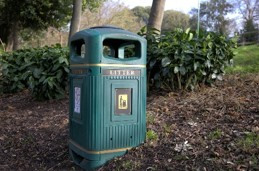
Finally, I’d like to ask this question. After many years of living in England, I want to find out whether it is an English manner to lick your fingers after dinner, even if it is only done when dining at home and even when it is done very gracefully?
No, I don’t think that is an English manner. I think table manners are changing a lot and becoming much looser. But conventionally, that wasn’t considered to be good manners though. The convention was always there; the only thing that should go in your mouth was your cutlery, not your fingers. A fork or a spoon, not your fingers.

In Poland, where I grew up, it’s definitely a no-no. That’s why I could never understand why people are doing it here.
It is a no-no here. Table manners are getting more slapdash these days, so you might be seeing people doing this. Table manners are for a good reason. I mean, hygiene, yes, but also the whole notion of English table manners is that we should not appear to be greedy and should never be greedy. Not to be kind of relishing, you’re meant to be a little bit more restrained. I’m sorry you are seeing English people doing that. That’s not right.
On behalf of the readers, viewers and myself, I would like to thank you for being an exceptional and recognised expert in the field of good manners and etiquette. I would like to thank you for helping, guiding, and reminding us about keeping our standards in this fast-paced world. Liz, thank you for taking the time to talk to us.
I enjoyed that very much.
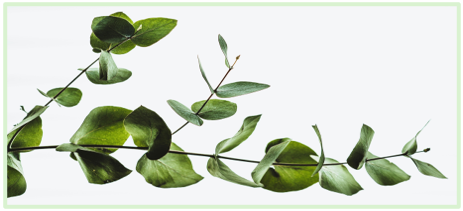
- An Ancient African Wisdom Book: Commentary on the Instruction of Ptahhotep” by Angela Chamblee ↩︎


